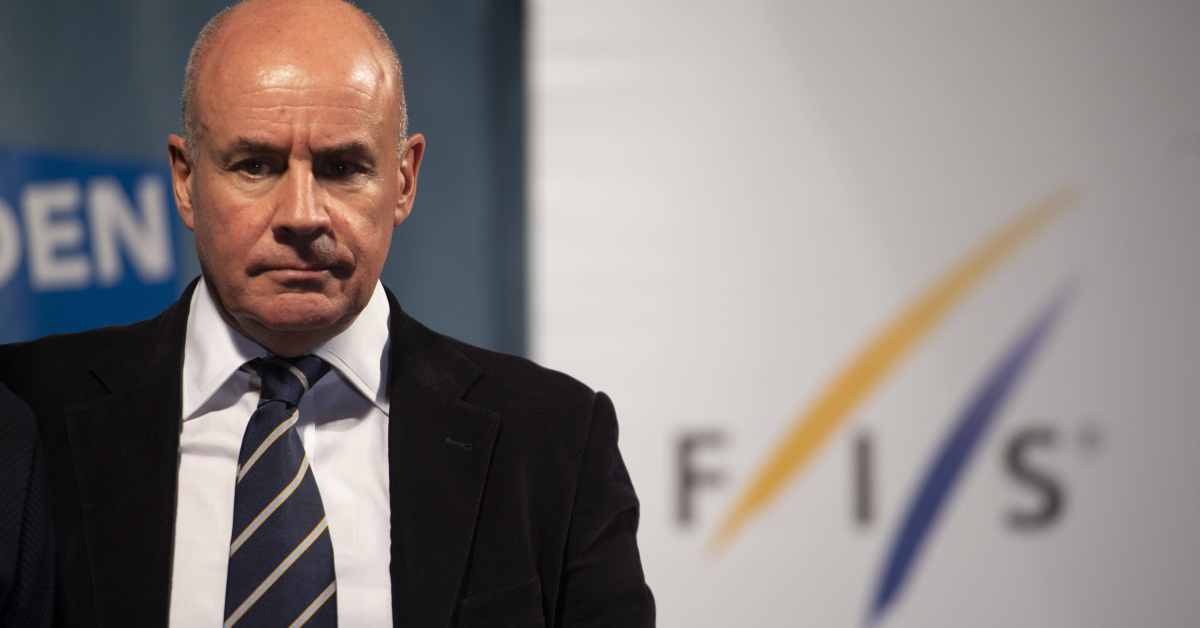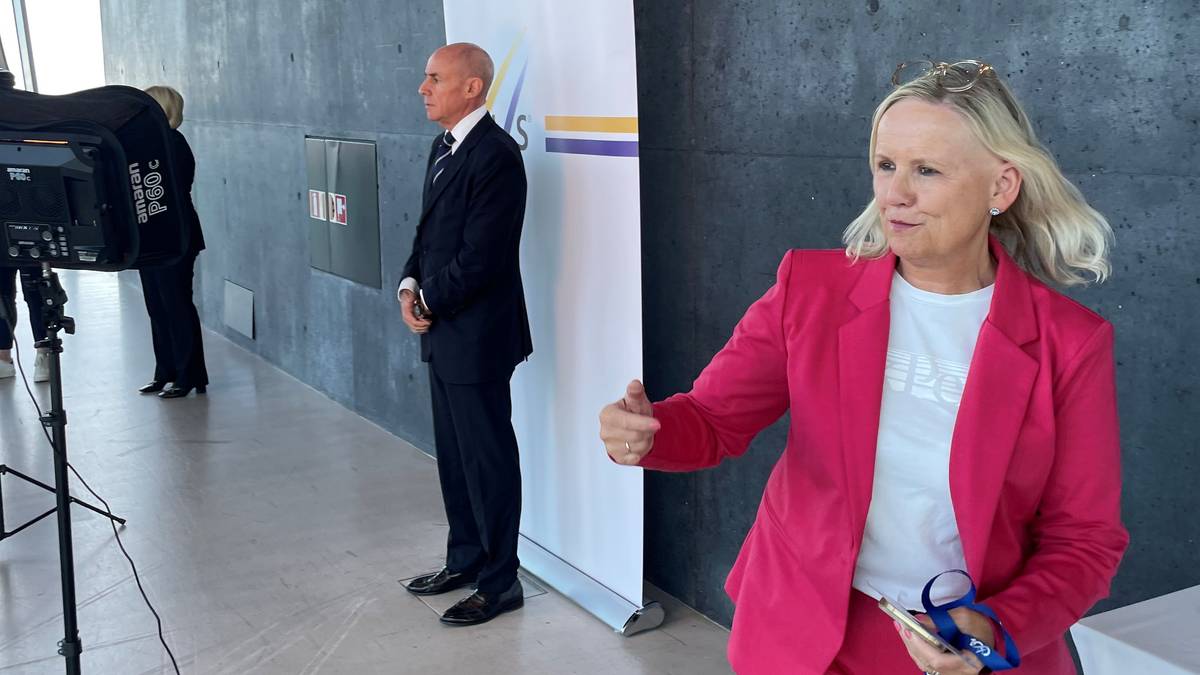
Controversy Erupts Over Secret Vote at FIS Executives Meeting
Originally published in Yle on April 27, 2024
The leadership of the International Ski Federation (FIS) is facing yet another wave of criticism from its member nations. Decision-makers who spoke to Yle, SVT, and NRK have raised concerns about the legality of recent actions taken by FIS.
Since taking the helm in 2021, Johan Eliasch's tenure as FIS president has been anything but smooth. He is advocating for the unification of national ski associations under a single umbrella, aiming to control the allocation of funds in skiing sports. Traditionally, these national bodies have negotiated media and marketing agreements for World Cup events independently, directly dealing with major media outlets.
Tensions escalated last July when Eliasch announced a new centralized agreement unexpectedly, causing significant discontent among major skiing nations. They were frustrated by Eliasch's declaration of financial support without providing any concrete evidence.
In recent months, Nordic broadcasters Yle, SVT, and NRK have been examining this conflict within the winter sports arena. The ongoing power struggle pits FIS against a coalition of European skiing giants known as the Snowflake coalition.
The situation intensified on Friday when the FIS board approved a centralized media agreement.
"During today's meeting, the FIS board voted to approve a centralized agreement, which sets the stage for an exclusive deal with the media company Infront," the FIS announced in a press release.
While some board members were aware that the media agreement was on the agenda, the actual vote came as a shock.
"We only learned about the vote during the meeting," remarked Mats Årjes, the Swedish board member.
In addition to the surprise, the decision to sanction the centralized media contract was conducted via a secret ballot, leaving members unaware of the voting outcomes.
“The secret ballot is typically reserved for appointing organizers of World Championship events,” Årjes commented.
This is a first for many, including Årjes, who has served on the board for 14 years.
Adding to Årjes's sentiments, Norwegian board member Erik Röste stated, “This came without any preparation.”
FIS vice-presidents Roman Kumpost and Martti Uusitalo declined to provide any comments on the vote, and Chairman Eliasch has not responded to inquiries.
The media agreements being discussed are crucial for national associations. Although public details are scarce, Yle Sports reports that the Finnish Ski Association's contract with Infront for World Cup races nets around €3-3.5 million per season. This funding represents approximately half of the Ski Association's total budget.
The countries in the Snowflake coalition—Germany, Austria, Switzerland, Italy, Slovenia, Norway, Sweden, and Finland—are not opposed to a centralized agreement. However, they demand assurances that the new contract will yield more financial benefits than current arrangements. Unfortunately, FIS has so far failed to convince these nations of this.
As a result, the Snowflake countries have begun drafting their own centralized agreement and are even contemplating an alternative competitive series. The Snowflake coalition has been active since October 2022, and after nearly a year and a half, Eliasch and FIS leadership agreed to commence negotiations.
Diego Züger, the marketing manager of the Swiss Ski Association, expressed frustration over recent developments.
“We are taken aback by FIS's latest statement. Chairman Eliasch abruptly halted our discussions last week. It is regrettable, as we were ready to present our version of a centralized agreement that would provide more resources for everyone,” Züger stated.
At the core of this conflict is a contentious issue of authority. According to board sources, FIS is prepared to pursue legal action to acquire World Cup media and marketing rights from national associations.
Countries contend that such a significant decision should originate from the FIS congress, which is the ultimate decision-making body and convenes annually—in June this year, it will be held in Reykjavik, Iceland.
Züger indicated that Snowflake countries are also contemplating legal action.
CEOs of the Austrian Ski Association, Christian Scherer, and the Norwegian Ski Association, Arne Baumann, have sought advice from their legal experts concerning the situation.
“This latest turn damages our sport,” Züger lamented.
See Also

Legal Battle Between Nations and FIS Over Rights
September 24, 2024 / NRK
Swedish Ski Federation Reacts to FIS Decision on Centralized Broadcasting Rights
April 27, 2024 / SVT Sport